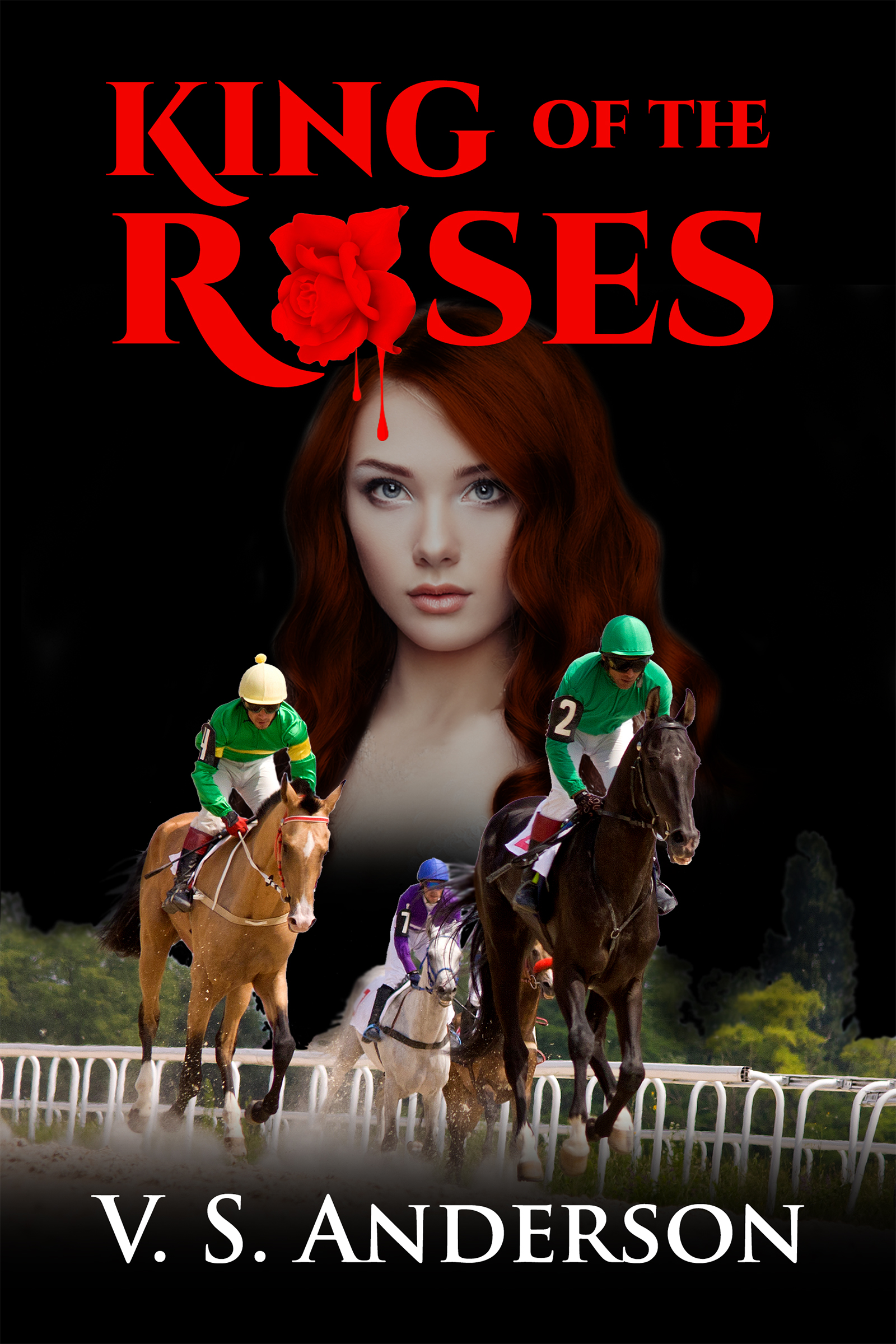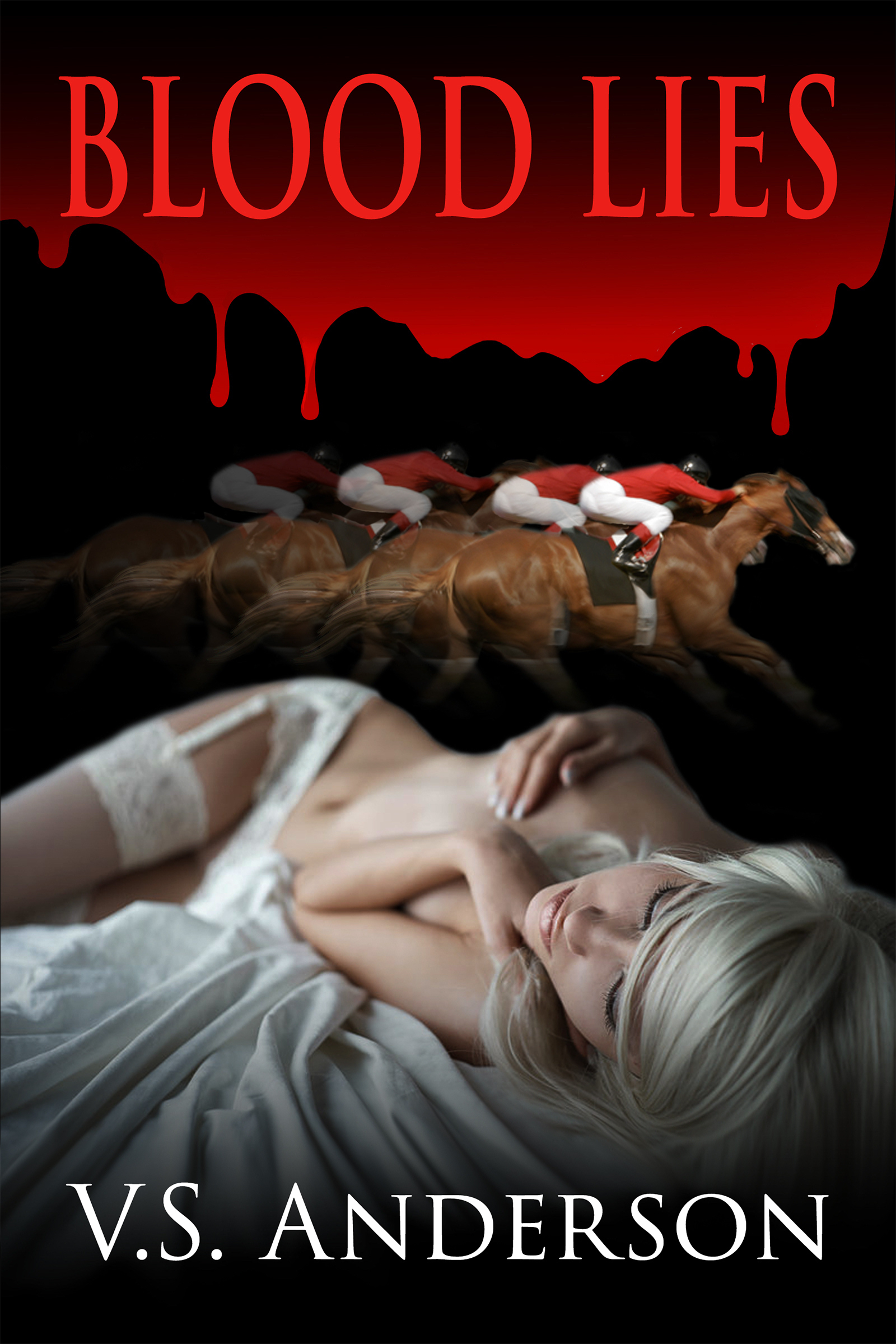What’s not to like about writers’ conferences? They offer terrific opportunities to learn about the craft of writing and the business of publishing from people who know what they’re talking about (as opposed to the neighbor who figures your book can’t be any good since Barnes and Noble didn’t display it on that table right inside the front door).
Of course, there’s the expense. A conference means registration, travel expenses, motels, and sometimes meals (and in my case, board for a rather large dog).
For some, the workshops and lectures and a chance to get autographs on mint copies of presenters’ books may justify those costs.
But if you’re interested in becoming traditionally published, it’s worth stretching your budget for a good conference. A well-chosen conference can give most of us developing writers what no cold query can:
- A chance to sell ourselves and our work face-to-face, where we can slip a memorable impression into a busy agent’s or editor’s mind.
- A block of time all our own, instead of the few seconds a hurried intern can spare for that laboriously written letter.
- A hard-nosed reaction from a publishing professional unfettered by the need to make the writer feel good.
If, like me, those perks are the ones you want from a conference, here are the top five things I look for before I send in my registration form.
1) Location
I don’t want this to come first, but for many of us, it has to. The good news is, you probably don’t have to travel a thousand miles to find a good conference. In the past two years, I’ve attended two within a two-hour drive of my home. Search online, read writing blogs, and network with writers’ groups in your area to get on email lists. Conferences within your range and budget will turn up.
Of course, if you DO travel a thousand miles, make sure it’s someplace fun, since you can deduct the expenses from your taxes if you can show you’re really writing to sell.
2) Pitch sessions*
The right kind of conference for this stage in your writing must offer a chance to meet face-to-face with agents and editors. Most conferences charge a moderate fee for these sessions, but that ten minutes will garner a lot more attention to your work than the dozens of hours you spent honing a query letter that may never get read.
Many conferences offer “pitch practice,” usually also for a fee. Some will allow you to send in a written version of your pitch to be critiqued. Take advantage of these opportunities if possible. With luck, you’ll get voluminous and often painfully honest comments that will propel you into feverish revision the night or morning before your pitch. But that’s the point, isn’t it—to move you to a new level? You’ll get there faster with a push.
3) A chance to submit actual pages for critique
You really have one immediate goal as a writer seeking publication: to be read. Maybe once in a while your query letter elicits a request for pages, but the ultimate response, more often than not, will be “We’re not the right agency for this book.” No reasons. No chance to ask for reasons. (Okay, maybe it will be different for you.)
But at a good conference, you can submit part of your work and then meet with your critiquer to follow up on what worked and what didn’t. Good conferences will assign real agents and editors, empowered to ask for more, to this task.
Yes, you’ll pay extra. And no, your readers might not agree in their assessments, leaving you confused and frustrated, just like your critique group at home. But you’ll hear truths that no warm-hearted “supportive” writers’ group friend will ever tell you! Put on your thickest skin and sign up for as many of these critiques as you can.
4) A range of agents and editors
Conferences will publish the credentials of their faculties beforehand. Follow up on agents’ and editors’ web pages. Go to Amazon and read the first pages of books they have handled. Be sure that at least two or more of the people you can pitch or submit to like the kind of thing you write.
5) Opportunities to socialize with the conference faculty
Some of us are really good at button-holing people we hope to impress. I’m terrible at it. Still, I’d like the chance! A good conference will require its faculty to show up for receptions and banquets. Show up yourself, this time in your bravest skin. You may find that the agent who sorta-kinda-seemed-to-like your pages is also a fan of that obscure Korean horror director you adore. When you send your follow-up query letter, he’ll remember that long chat you shared over wine.
You can’t always tell ahead of time whether this criterion will be met. If it isn’t, make a note for the future, and by all means, include your disappointment on your evaluation form.
It Worked for Me!
I met the agents who sold my first books through the conference process, and since my return to writing after a hiatus, I’ve received far more requests for partials from conference pitches than from written queries. And I’m not even very good at the conference process! But conferences provide me with the best chance to see how people who actually make buying decisions react to what I’m doing.
So once you and your writers’ groups have tweaked your manuscript as much as humanly possible and once you think you’ve done what all those books you’ve read say you should, pick a good conference to see what you’ve achieved.
*A “pitch session” doesn’t call for a synopsis or an elevator pitch. It’s a five-to-ten minute talk (usually breathless on my part) whose sole purpose is to tell the agent or editor what your book is about. The conference will specify how long you have. Maybe you’ll have time to throw in the extras from your full query; maybe not. The hook is what counts. Before you plan yours, search online—advice and examples abound. And if pre-conference pitch critiques or on-site practice is offered, sign up.
What about your experience with conferences! Share!



 Over at Indies Unlimited not too long ago, I ran across this comment from multi-award-winning author @MJBowersock:
Over at Indies Unlimited not too long ago, I ran across this comment from multi-award-winning author @MJBowersock:



 I decided to link to this
I decided to link to this 
 Here’s a comprehensive, helpful post from Publishing Crawl about that fateful moment when lightning strikes! You open your inbox
Here’s a comprehensive, helpful post from Publishing Crawl about that fateful moment when lightning strikes! You open your inbox 
 !
! 




